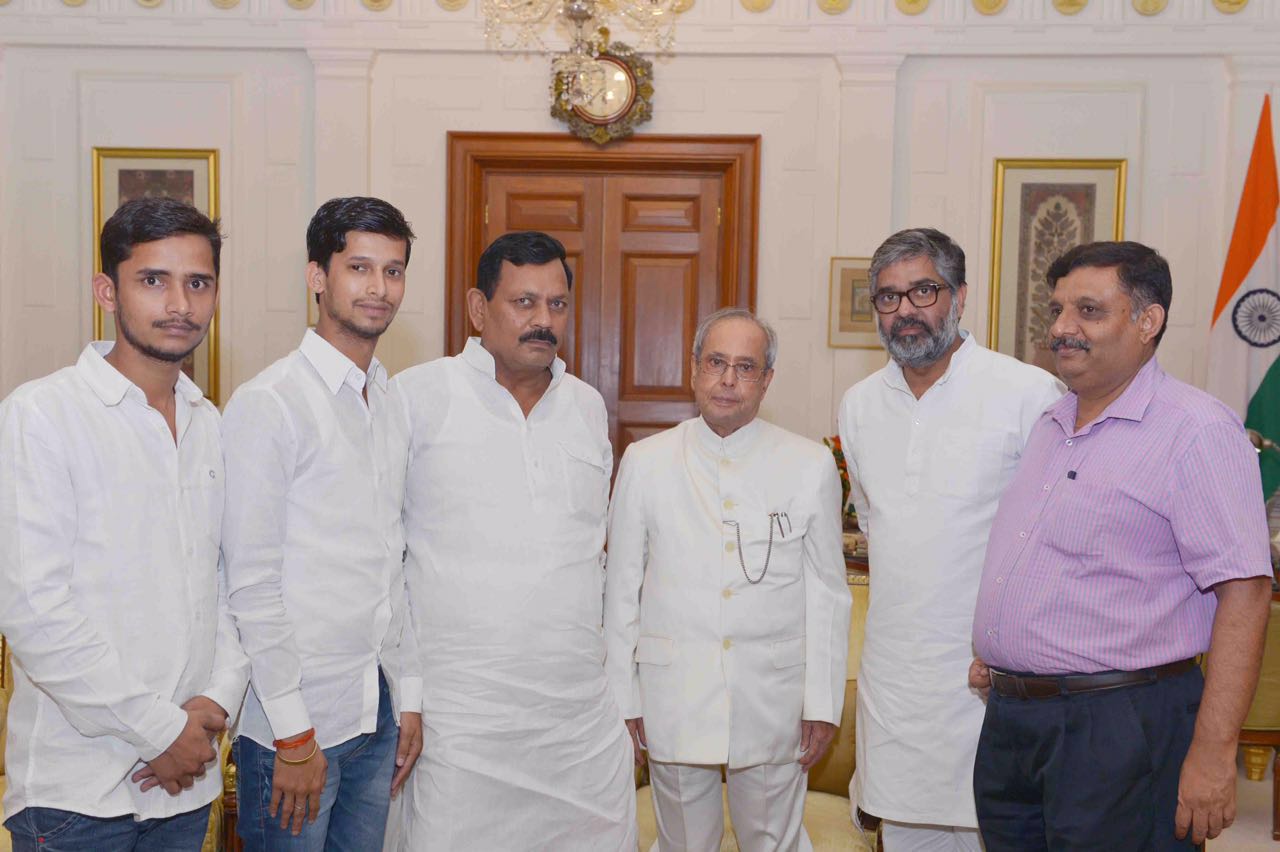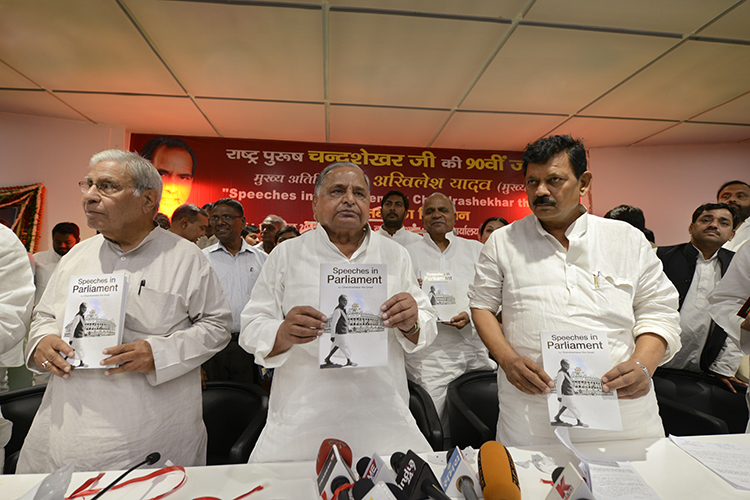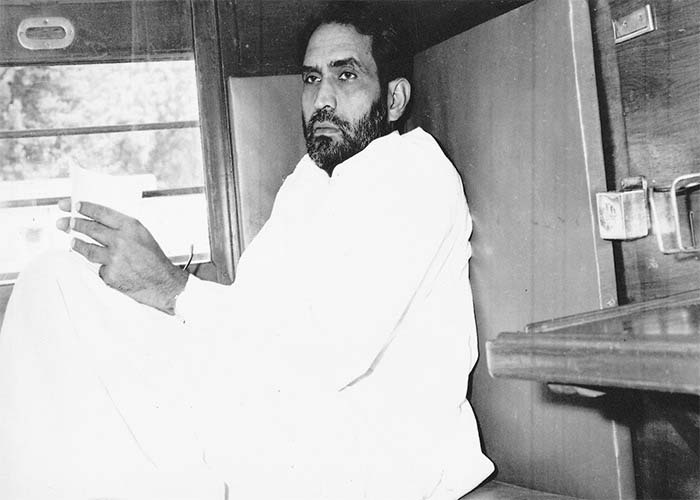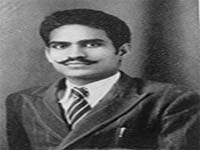Preface
Mukesh Bhardwaj 
Executive Editor,Jansatta
It is not easy to chronicle the life and times of a towering personality,especially when it is someone like Chandra Shekhar, a brilliant socialist,parliamentarian and the former Prime Minister of India. Born in an average family in humble Ballia, one of the revolutionary districts in the country, he cut his political teeth early and by the time he was mere thirty five years young he was elected to The House of Elders in Parliament–the Rajya Sabha. It was no mean achievement, perhaps the rarest of the rare, to sit with the Elders and debate with them on policy and programme but Chandra Shekhar acquitted himself well enough to earn the title of the Young Turk. A socialist at heart, Chandra Shekhar might have charted his political journey joining and leaving a number of parties but he always stood for his principles and had the guts to speak up even against the accepted opinions of senior leaders. He was known to be restless and angry with the country’s inequalities and always quick to defend the rights of the downtrodden and the underprivileged. Some of his friends had even labelled him the Angry Young Man of Indian Politics. Chandra Shekhar lived up to the sobriquets bestowed upon him by being a relentless crusader throughout his political career. He always led from the front with deep-rooted convictions and hence played a major role in the development of the country and in ensuring the welfare of the masses. His role was crucial in the nationalisation of banks and in ending Privy Purse to rulers of erstwhile estates. Though he remained at loggerheads with former Prime Minister Indira Gandhi but he was always loved by people. It was precisely for this reason that he remained almost invincible in the electoral arena, registering emphatic victories, except in 1984, when the Congress rode a sympathy wave following Indira Gandhi’s assassination. He was also the first president of the Janata Party that brought an end to a long- drawn Congress rule in the country in 1977.
It was perhaps a daunting task for two of his ardent devotees who decided to compile his speeches in Parliament. It was a tall order as everything had to be first produced and then chronicled. The book shows that a huge effort has been put in the collection and its arrangement. Preface / IX X / Speeches in Parliament Both Yashwant Singh and Suresh Bahadur Singh deserve kudos for putting everything in perfect flow. They also deserve appreciation for the way the material has been presented–it has turned this simple work of compilation into an asset that opens up a huge window to the political life and style of the socialist leader.
It must be pointed out here that one of the writers is a journalist and the other is a politician. One completely understood Chandra Shekhar as a politician and the other contributed to this understanding through his writing skill. Together, they have done complete justice to Chandra Shekhar’s invaluable contribution to parliamentary debate and discussion. In fact, reading the book is like the eloquent, astute, angry yet witty Chandra Shekhar popularly known as Adhyakshiji Live again. I congratulate the writers for producing this very useful volume on the former Prime Minister who was a Prince among Parliamentarians and a dogged Parliamentarian among Princes.
-Mukesh Bhardwaj
Executive Editor,
Jansatta Dated 08.04.2016



